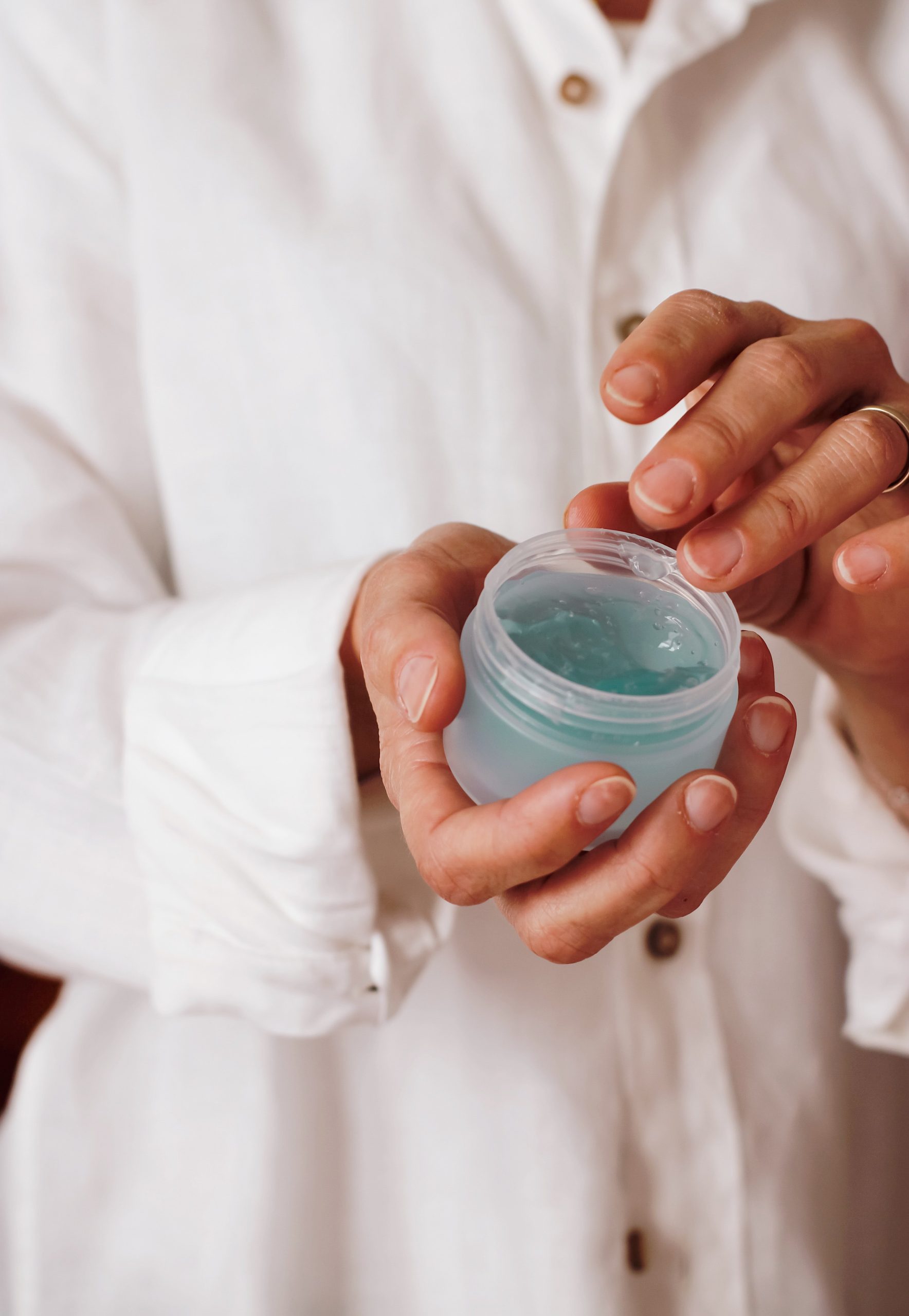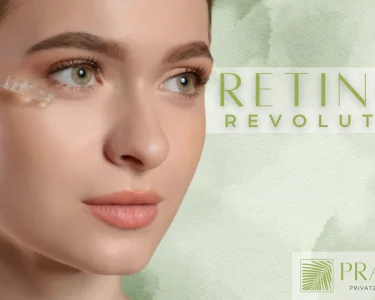Introduction
As summer approaches, many of us begin to think about basking in the sun and getting that coveted golden tan. But before you pack your beach bag and head out into the heat, it’s important to remember that prolonged exposure to UV rays can have damaging effects on your skin. In fact, studies show that up to 90% of visible signs of aging are caused by environmental factors like sun damage. So how can you protect yourself? The answer is simple: sunscreen! Join me as we dive into the role of sunscreen in preventing premature aging and skin damage.
What is sunscreen?
Sunscreen is a product that helps protect the skin from the sun’s ultraviolet (UV) rays. UV rays can damage the skin and cause premature aging and skin cancer.
Sunscreens are available in many forms, including lotions, creams, gels, sprays, and wipes. They can be applied to the skin or clothing.
Most sunscreens contain chemicals that absorb UV rays. These chemicals include avobenzone, octinoxate, octisalate, oxybenzone, homosalate, and octocrylene. Sunscreens also contain ingredients that reflect or scatter UV rays, such as titanium dioxide and zinc oxide.
Sunscreens are rated by their sun protection factor (SPF). The higher the SPF number, the greater the protection against UVB rays. However, no sunscreen provides complete protection from all types of UV radiation.
Some people are concerned about the safety of sunscreen ingredients. Some studies have found that some of these ingredients may be absorbed into the body and could have potential health effects. The U.S. Food and Drug Administration (FDA) is evaluating the safety of sunscreen ingredients and will provide updates as more information becomes available.
How does sunscreen work?
When it comes to sunscreen, there are two types of active ingredients: chemical and physical. Chemical sunscreens work by absorbing ultraviolet (UV) light, while physical sunscreens work by reflecting UV light.
There are many different chemical sunscreen ingredients, but the most common ones are oxybenzone, avobenzone, octisalate, octocrylene, homosalate, and octinoxate. Oxybenzone is the most effective at absorbing UV light, but it can also be the most irritating to the skin. Avobenzone is a little less effective than oxybenzone but is less likely to cause irritation.
Octisalate, octocrylene, homosalate, and octinoxate are all used to absorb UV light and help protect against damage from the sun. They’re often combined with other sunscreen ingredients for added protection.
Physical sunscreens contain active ingredients like titanium dioxide and zinc oxide. These ingredients reflect UV light instead of absorbing it. They’re more likely to cause irritation than chemical sunscreens, but they’re less likely to cause allergic reactions.
The benefits of sunscreen
Sunscreen is one of the most important products you can use to protect your skin from the harmful effects of the sun. Ultraviolet (UV) radiation from the sun can damage your skin in a number of ways, including causing premature aging and increasing your risk for skin cancer.
Sunscreen can help to protect your skin from these harmful effects by blocking out UV radiation. It is important to choose a sunscreen with an SPF of at least 30 and to apply it generously to all exposed areas of skin before going outdoors. Reapply every two hours, or more often if you are swimming or sweating.
In addition to wearing sunscreen, you can also protect your skin by wearing protective clothing, such as long-sleeved shirts and wide-brimmed hats, when spending time outdoors. Seek shade whenever possible, especially during the midday hours when the sun’s rays are strongest.
By taking these precautions, you can help to keep your skin looking young and healthy for years to come.
The disadvantages of sunscreen
There are a few disadvantages to sunscreen that should be considered before using it as a means of preventing premature aging and skin damage. First, sunscreen can cause skin irritation in some people. This is usually due to an allergic reaction to one of the ingredients in sunscreen, but it can also be caused by simply not applying the sunscreen correctly. Second, sunscreen can also make the skin more susceptible to sunburn. This is because sunscreen blocks out UV rays, which help to protect the skin from burning. Finally, some sunscreens can actually cause premature aging by increasing the production of free radicals in the skin. Free radicals are damaging molecules that attack healthy cells, and they have been linked to wrinkles and other signs of aging.
The best sunscreens for preventing premature aging
When it comes to sunscreen, there are a few things you want to keep in mind in order to prevent premature aging. First, make sure you choose a sunscreen with an SPF of at least 30. This will help to filter out the harmful UV rays that can cause damage to your skin. Second, be sure to apply sunscreen generously and evenly over your entire face and body. And lastly, reapply sunscreen every two hours, or more often if you’re swimming or sweating.
Now that you know what to look for in a sunscreen, let’s take a look at some of the best sunscreens for preventing premature aging.
One great option is Neutrogena’s Ultra Sheer Dry-Touch Sunscreen SPF 100+. This powerful sunscreen provides broad-spectrum protection against both UVA and UVB rays, and it has a light, non-greasy formula that won’t clog pores.
Another great choice is La Roche-Posay Anthelios Melt-In Sunscreen Milk SPF 60. This unique sunscreen melts into the skin, providing invisible protection against the sun’s harmful rays. It’s also non-comedogenic, meaning it won’t clog pores, and it’s water-resistant for up to 80 minutes.
If you have sensitive skin, Avene Eau Thermale Springs Mineral Light Hydrating Sunscreen Lotion SPF
Conclusion
Sunscreen is an essential part of any skin care routine, and its role in protecting the skin from premature aging and sun damage cannot be overstated. With regular use, sunscreen can help to keep your skin looking youthful, healthy, and protected against UV radiation-related conditions like wrinkles, discoloration, and other signs of aging. Try adding a broad spectrum SPF 30 or higher sunscreen to your skincare routine today for maximum protection!




